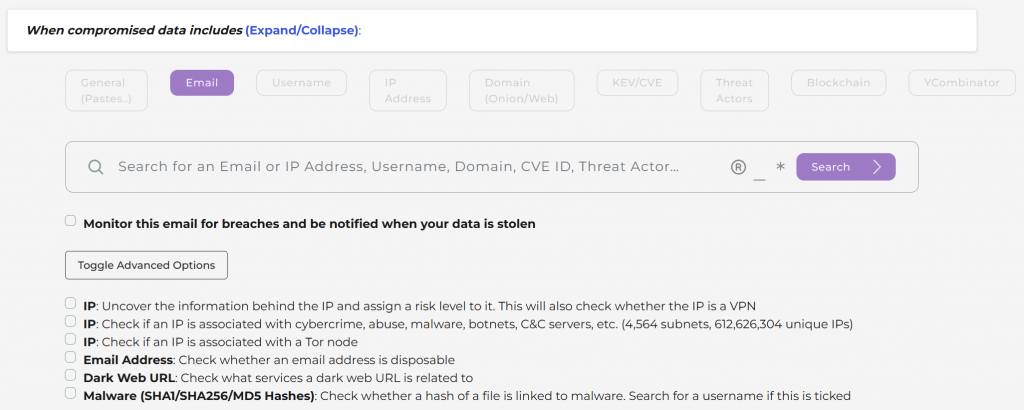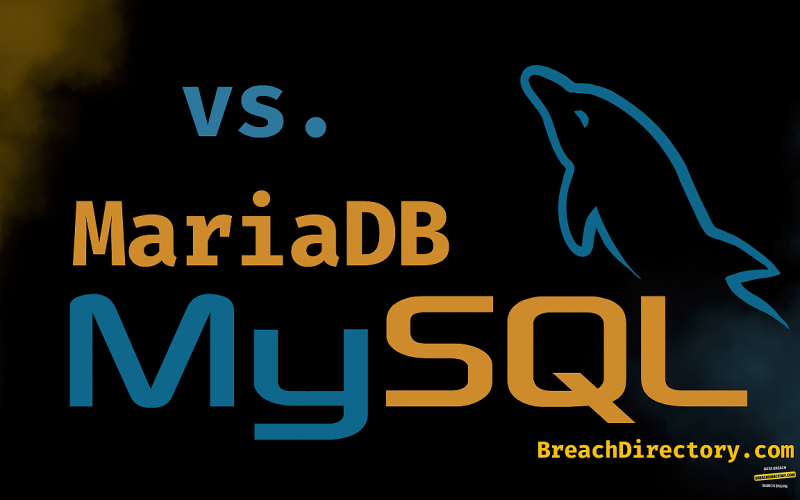Many developers using MySQL and MariaDB wonder what’s the difference between MariaDB vs MySQL. Keep reading and find out!
Introduction
If you are a developer, there’s no doubt that you’ve heard about both MySQL and MariaDB. In fact, MariaDB originally was a fork of MySQL that was created by the original developers of MySQL aiming to maintain open-source access and compatibility with MySQL.
However, if we consider MariaDB vs MySQL, we will see that the two database management systems have their distinct differences.
The Core Differences Between MariaDB vs MySQL
The core differences between MariaDB vs MySQL would be as follows:
| Difference | Explanation |
| Ownership and Licensing | MySQL is owned by Oracle Corporation while MariaDB is developed and maintained by the MariaDB Foundation. |
| Compatibility and Features | MariaDB aims to maintain compatibility with MySQL, but over time, some MariaDB vs MySQL features diverged with the MariaDB team introducing new ones. |
| Community and Support | MariaDB is fully open source with a strong community and support options while MySQL remains the standard with broad support across tools and hosting platforms. |
| Default Port | The default port of MySQL is 3306 while MariaDB uses 3307. |
| Storage Engines | When compared to MySQL, MariaDB offers the default set of storage engines as well as a bunch of different storage engines people can choose from including Aria, Mroonga, FederatedX, and others. |
In other words, the core differences between MariaDB vs MySQL have to do with the title (obviously), and then with the ownership and licensing, compatibility, support, the default port, and the storage engines. That’s not to say that one of the database management systems is “bad” and the other one is “good”, you just need to choose what fits your use case.
MariaDB vs MySQL Security
When it comes to security, both MariaDB vs MySQL have built-in security mechanisms such as mysql_secure_installation and mariadb-secure-installation that can be used to initially secure both MySQL and MariaDB. Besides those, you mustn’t forget about the security of your applications too.
Applications get broken into, and once they do, stolen data often becomes up for grabs on the dark Web. Cybercriminals download it, then use it for credential stuffing and related attacks.
To protect yourself from those attacks, consider using data breach search engines like BreachDirectory.com. Data breach search engines like BreachDirectory.com will help you see if your data has been stolen in any data breach while also helping you perform a wide variety of investigative activities on email addresses, usernames, Blockchain or IP addresses, or other data classes:

Give BreachDirectory a whirl today, and until next time!
Summary
The core differences between MariaDB vs MySQL include differences in ownership and licensing, compatibility and features, the default port, storage engines (MariaDB has more for a variety of use cases), and a couple of other things.
If this blog was useful, don’t forget to follow the BreachDirectory blog and follow BreachDirectory on X/Twitter, and until next time.
FAQ
What are the Core Differences Between MariaDB vs MySQL?
The core differences between MariaDB vs MySQL include differences in ownership and licensing (MySQL is owned by Oracle Corporation while MariaDB runs under the MariaDB Foundation), compatibility and features, the default port (MySQL runs 3306 while MariaDB runs 3307), storage engines (MariaDB has more for a variety of use cases), and a couple of other things.
Should I Use MySQL or MariaDB?
The choice of using MySQL or MariaDB for your specific use case depends on you. Choose MySQL if you’re okay with the database being owned by Oracle, having less storage engines to choose from and having a little less features. Consider MariaDB if you want more freedom and decision-making power.
Why Should I Use BreachDirectory.com?
Consider using data breach search engines like BreachDirectory.com because such data breach search engines will help you see if your data has been stolen in any data breach while also helping you perform a wide variety of investigative activities on email addresses, usernames, Blockchain or IP addresses, or other data classes.
